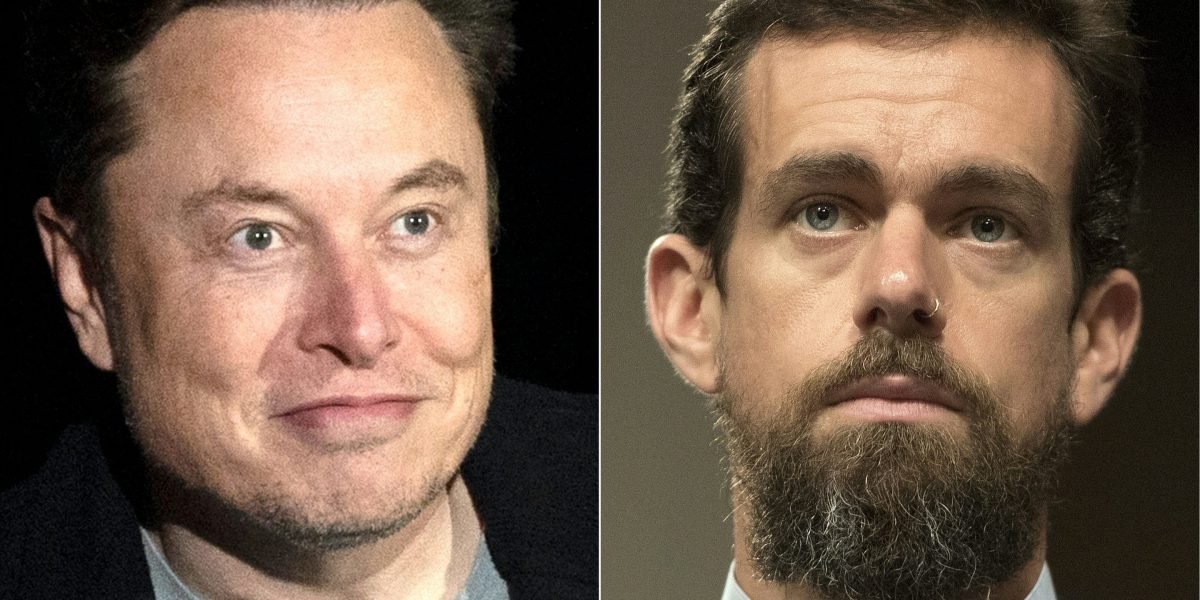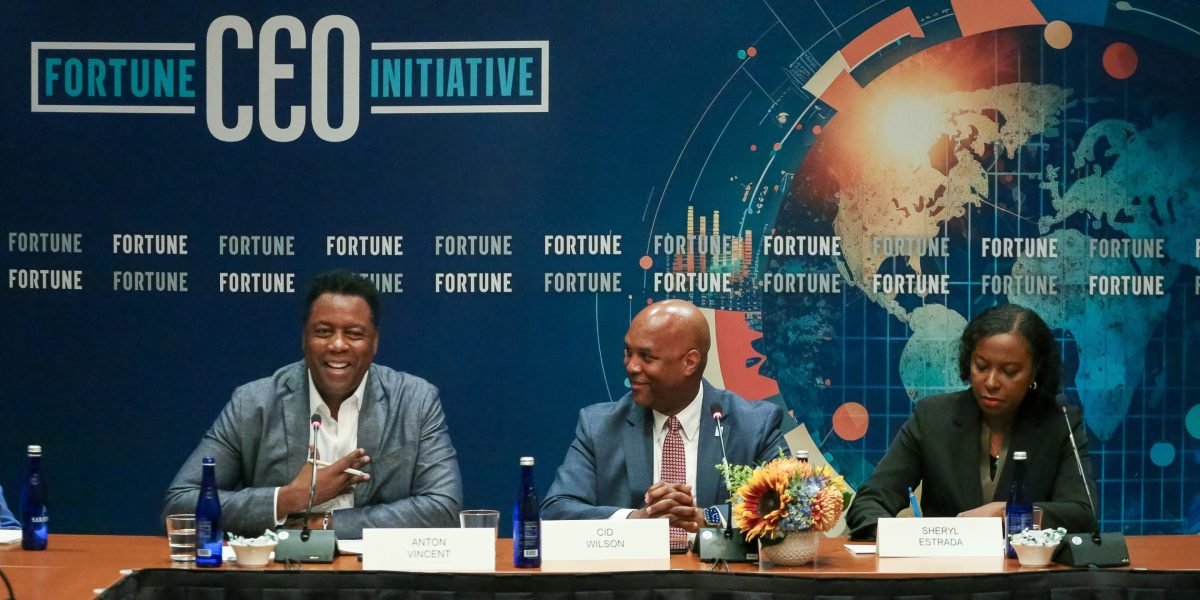Jack Dorsey gave Elon Musk the benefit of the doubt when the Tesla CEO took over Twitter last year for $44 billion. Now he’s changed his tune.
Dorsey, a Twitter cofounder and its former CEO, wrote a year ago: “In principle, I don’t believe anyone should own or run Twitter. It wants to be a public good at a protocol level, not a company. Solving for the problem of it being a company however, Elon is the singular solution I trust. I trust his mission to extend the light of consciousness.”
He added, Elon’s “goal of creating a platform that is ‘maximally trusted and broadly inclusive’ is the right one.”
On Friday, Dorsey shared starkly different thoughts on Bluesky, a Twitter alternative that’s seen a surge of interest, partly thanks dissatisfaction over Musk’s changes to Twitter. Bluesky was the brainchild of Dorsey before the Musk chaos, and Twitter initially funded the platform. Today it’s still in its beta testing phase and can only be downloaded with an invite from another user. Business Insider reported on Dorsey’s comments.
In response to a Bluesky user asking whether Musk had proven to be the “best possible steward” for Twitter, Dorsey replied, “No. Nor do I think he acted right after realizing his timing was bad. Nor do I think the board should have forced the sale. It all went south.”
Musk had an opportunity to back out of buying Twitter last year, but it would have meant paying a $1 billion break-up fee. Instead, Musk proceeded with the $44 billion takeover, described as “one of the most overpaid tech acquisitions in history” by Wedbush Securities tech analyst Dan Ives.
“If Elon or anyone wanted to buy the company, all they had to do was name a price that the board felt was better than what the company could do independently,” Dorsey added. “This is true for every public company. Was I optimistic? Yes. Did I have final say? No. I think he should have walked away and paid the $1b.”
Musk has alienated advertisers and users alike with his often impulsive changes to Twitter. This month he delivered on a promise to purge “legacy blue checks,” or accounts where Twitter under the old regime had verified notable users for free. After the purge, a blue check on a Twitter bio meant a user paid for it, leading to a backlash movement called Block the Blue. But then, celebrities who didn’t pay for the check mark started receiving it anyway (often to their embarrassment).
Among them was novelist Stephen King, who told Slate this week, “The thing is, you know, not to brag or anything, but I get paid to write. I don’t have to pay to do it. This whole thing has just sort of devolved into something that’s kind of a head-scratcher. It doesn’t keep me up at night, but it’s…it’s weird.”
To many the blue check chaos felt indicative of Musk’s Twitter reign, rather than being an aberration.
Fortune reached out to Twitter for comments but received no human reply outside normal business hours.





